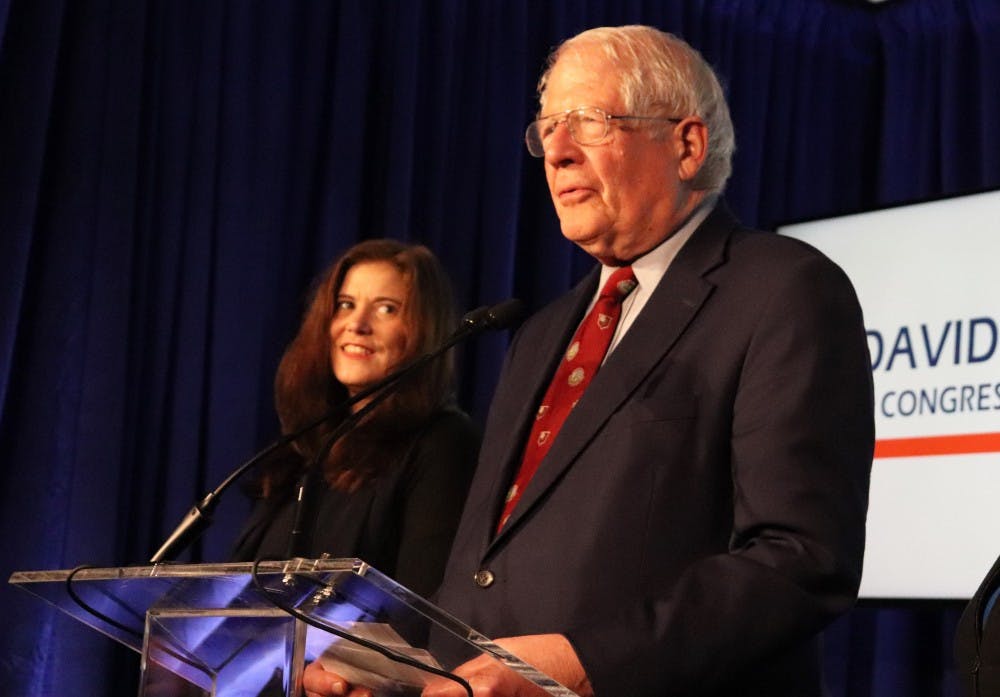Congress recently passed the Coronavirus Aid, Relief and Economic Security Act, the third bill addressing the COVID-19 crisis. The act will invest over $2 trillion to address the needs of individuals, small businesses and state and local governments.
Some relief will come for most Americans in the form of Recovery Rebates, or direct checks. Through this program, each household will receive $1,200 — or $2,400 for married couples who jointly file tax returns — with an additional $500 for each child aged 17 and under.
The amount of these payments begin to decrease for those with a household income over $75,000 if single and $150,000 if married. The checks will be immediately available to those who have filed a tax return, but U.S. Rep. David Price (D-District 4) said people who have not yet filed can still apply.
Some college students are concerned because they aren't specifically addressed in the bill. If a student is still considered a dependent on their parents' taxes, they will not receive a check themselves but they are also too old to be considered a child for their parents to receive payment.
Price said he hopes these concerns will be addressed.
"It’s going to be worked out," he said. "It’s something we’ve got to watch the administration very carefully on how they figure this out, and it’s got to be done very quickly.”
The CARES Act also makes changes to the unemployment insurance system. These include:
- Temporary payments of $600 a week for workers eligible for unemployment compensation
- Thirteen weeks of federally funded unemployment compensation for those who have exhausted their benefits
- A Pandemic Unemployment Assistance Program to cover self-employed and part-time workers.
"North Carolina has one of the least generous unemployment compensation programs in the country where unemployed people could get some money for a limited number of weeks," Price said. "The federal benefits here are going to be more generous, and they are going to apply to more individuals including self-employed people and people in the so-called gig economy.”



